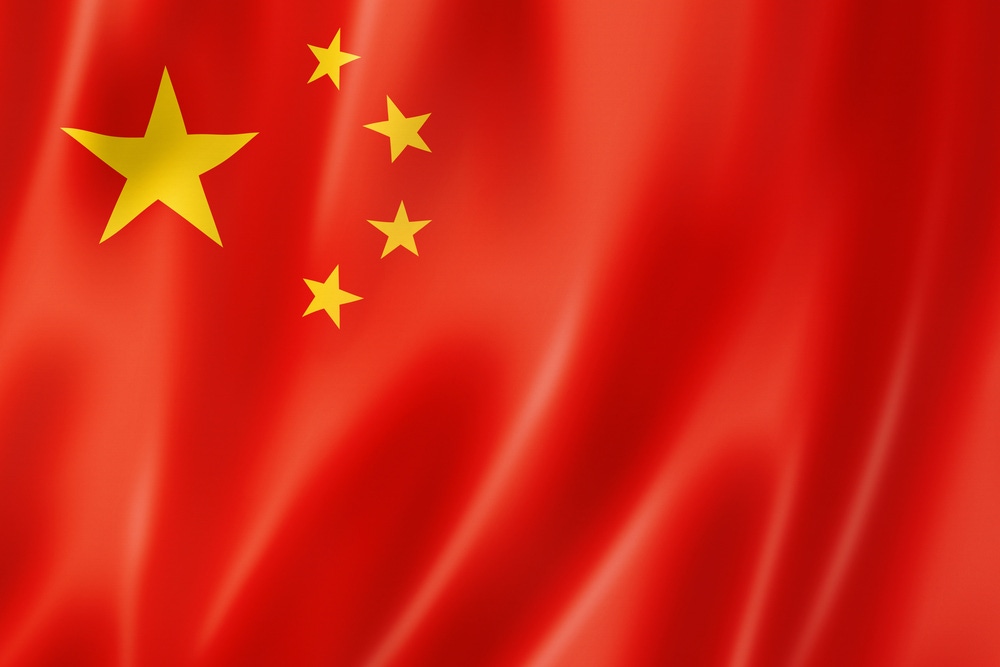China biopharma faces a pause; how bad is it?China biopharma faces a pause; how bad is it?
Despite the general negativity, there are two investment sectors for China biopharma that are very positive: Out-bound cross-border pharmaceutical partner deals and the large amount of funds raised by prominent China biopharma venture capital firms.

The headlines are negative. Bloomberg writes: “China Biotech Stumbles Despite $250 Billion Investment.” Everywhere, people are aware of an overall pullback in the growth of the sector. But maybe the situation is not as negative as the headlines imply. It is true that the Hong Kong and Longcar China biopharma indexes both slid by 60% between the middle of 2021 and the middle of 2022 – and they haven’t booked major increases in the 12 months since then. A negative stock market will have a dampening effect on IPOs and, to a lesser extent, M&A, but stock markets also have their own logic that depends on a large serving of group thought.
"The whole healthcare sector was over-invested globally because of COVID-19," Nisa Leung, managing partner and head of healthcare investments at Qiming Venture Partners, told Reuters in a 2022 interview after the declines. Because of the optimism, stock prices of companies declined when revenues from COVID medications didn’t materialize.
Despite the general negativity, there are two investment sectors for China biopharma that are very positive: Out-bound cross-border pharmaceutical partner deals and the large amount of funds raised by prominent China biopharma venture capital firms. Both of these deserve some comment.
Of these two, the partnership deals struck by China Pharmas with foreign companies is more important. On a regular basis, China companies with viable drug candidates have been able to forge partnerships for ex-China rights to their assets with foreign companies for large sums of money. The spectacular growth in this sector is a strong testament to the sophistication of Chinese biopharma companies.
In 2022, overall out-licensings in the sector totaled 152―90 of them with domestic companies and 62 with foreign companies. But when it came to dollar values, the foreign out-licensings were worth almost five times as much as the domestic transactions: $28 billion for cross-border transactions compared to only $6 billion for China-China deals. The announced deals are even larger this year. In 2023, China biopharmas needed just seven months to sign at least $26 billion in out-licensing deals with foreign companies.
Sichuan Kelun-Biotech is a perfect example of this phenomenon. In 2022, the company announced three sets of out-licensings with MSD (Merck), worth a total of almost $11 billion. Of course, that’s the big number that only becomes real if everything works out perfectly. Still, the company earned $222 million in upfront payments from two of the three deals (the third was not disclosed). Kelun-Biotech’s deals establishing the company as a major force in China for the hot antibody-drug-conjugate space. But when Kelun-Biotech closed an IPO on the Hong Kong exchange in July, it brought in a disappointing $174 million from wary investors. It’s a successful out-licensing company, but the success doesn’t carry over into a Hong Kong IPO.
The upshot is that companies with attractive, partially developed assets have a new source of income, substituting out-licensings for an IPO or a late-stage venture raise. Twenty years ago, a small group of China novel drug developers were leveraging China’s low-cost drug development to find a domestic niche or maybe even a more improbably foreign one. Several companies built business plans based on in-licensing western drugs for China patients. Now, things have changed. There are dozens of China companies with assets that foreign counterparts find attractive, implying that these companies have built novel development platforms that earn respect from global companies.
Compared to the out-licensing phenomenon, the point about Venture Capital companies is simpler. In 2022, after the decline of biopharma stock prices, three major China-focused venture capital companies announced plans to raise more money for new funds:
OrbiMed, the world’s largest healthcare-dedicated investor, announced plans to raise $4.75 billion in new funds: OrbiMed Asia V with $1.1 billion, OrbiMed Flagship IX with $1.9 billion and OrbiMed Royalty & Credit Opportunities with $1.75 billion.
Vivo Capital, a US-China healthcare investor, held its first closing of a yuan-denominated private equity fund at 4 billion yuan ($600 million), with a target of bringing the fund to 10 billion yuan ($1.5 billion).
Qiming Venture Partners raised $3.2 billion, $2.5 billion for USD Fund VIII and it held the first closing of RMB Fund VII at RMB 4.7 billion ($700 million).
This large amount of venture capital will fund younger companies (some middle and older as well), while the out-licensings are usually for clinical stages, though some pre-clinical assets have also been out-licensed.
To sum up, psychologically, China biopharma has lost its momentum, driven by a 60% decline in stock prices and IPO offerings in Shanghai and Hong Kong no longer raise large amounts of money. But major venture capitalists have capital to underwrite deals, and foreign pharmas are treating China biopharmas as a smorgasbord featuring the latest pharmacological assets. It could be worse. Drug companies are finding ways to develop novel portfolios. It is definitely not horrible.
Attend ChinaBio Partnering Forum April 23-24 in Shanghai and gain a comprehensive understanding of the China biopharma sector. Learn about positive trends, network with key players, and explore new investment strategies, and ultimately capitalize on opportunities and contribute to the sector's growth and development.
This article was first published on 24 August 2024.







